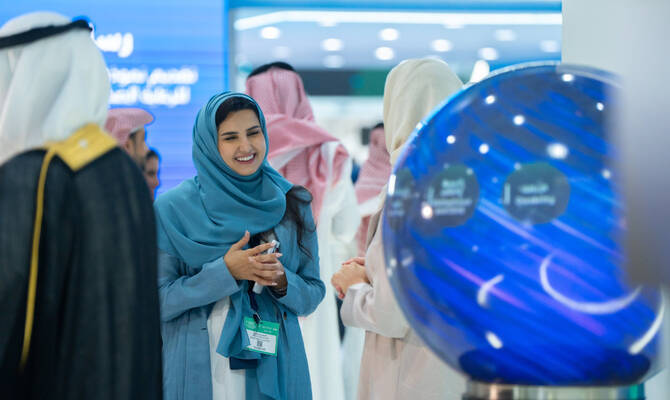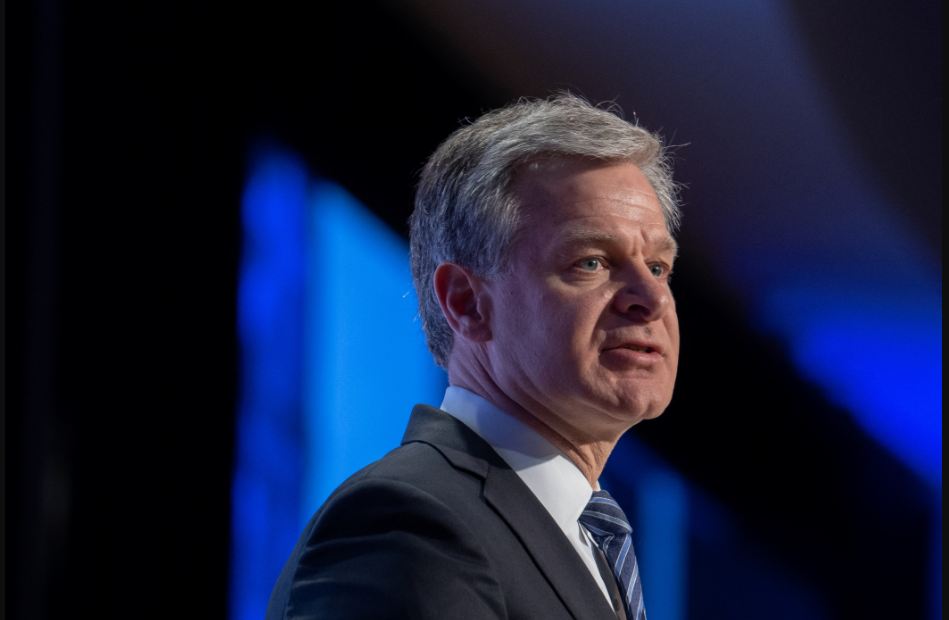Prevention Over Treatment: Saudi Arabia’s Vision for a Healthier Future
Riyadh – Saudi Arabia is rapidly transforming its healthcare system to build a healthier, more sustainable society, focusing on prevention rather than treatment.
At the heart of this transformation lies a powerful belief: that the key to long-term wellness is not just curing disease, but preventing it before it starts.
This shift aligns closely with Vision 2030, which aims to create a vibrant society where every citizen enjoys a high quality of life, supported by world-class healthcare and wellness initiatives.
At the Global Health Conference in Riyadh, medical experts, investors, and policymakers gathered to discuss strategies that promote preventive healthcare and encourage citizens to take greater responsibility for their well-being.
The conference highlighted Saudi Arabia’s ongoing commitment to creating a healthcare system that balances advanced medical treatment with public health awareness and education.
Dr. Walid Ftehi, founder and CEO of the International Medical Center, emphasized that health is not limited to physical wellness—it also involves the mind and the soul.
He described this approach as “a holistic concept of medicine,” explaining that healing should address the entire person rather than isolated symptoms.
According to him, the hospital’s mission has always been to pioneer this holistic model by applying global medical standards while maintaining strong ethical values and a deep sense of compassion.
Ftehi noted that many chronic diseases, such as diabetes, hypertension, and obesity, stem from unhealthy lifestyles. He believes that prevention through better lifestyle choices is one of the most effective ways to reduce the burden on the healthcare system.
“More than 90 percent of diseases are the result of our own choices,” he said. “If we change how people eat, think, and live, we can eliminate up to 80 to 90 percent of chronic illnesses.”
His message reflects the growing realization that healthcare begins with personal responsibility and everyday habits that promote balance and well-being.
Echoing his view, Dr. Ashraf Amir, Chief Medical Officer at the International Medical Center, highlighted the Kingdom’s ongoing efforts to make prevention a national priority.
He explained that the healthcare transformation under Vision 2030 encourages physicians to focus on improving the overall quality of life rather than solely treating illness.
“We are moving from intervention to prevention, from disease to health, from illness to wellness,” he said. “As physicians, our role is not only to treat but to guide our patients toward healthier, more fulfilling lives.”
Amir also pointed out that this transformation is already showing measurable results. The Ministry of Health has been working to increase life expectancy through better healthcare policies and proactive wellness programs.
“A few years ago, the average life expectancy was 76,” he explained. “Our goal is to reach 80 by 2045, and we have already achieved 79 years. This demonstrates that our shift toward prevention is truly working.”
The Kingdom’s healthcare transformation focuses on several strategic pillars, including health awareness campaigns, digital health initiatives, and community-based programs that encourage fitness, nutrition, and mental well-being.
Advanced technologies such as artificial intelligence and data analytics are also being used to predict health risks and design early intervention plans tailored to individual needs.
Saudi Arabia’s emphasis on prevention represents a major cultural and policy shift. Instead of reacting to illness, the country is creating a proactive healthcare environment that empowers citizens to make informed decisions about their health.
This includes school programs that teach children about nutrition, nationwide fitness initiatives that encourage physical activity, and collaborations between hospitals, research centers, and government bodies to promote preventive care.
By prioritizing prevention over treatment, Saudi Arabia is not only improving the health of its people but also building a model for future generations.
The transformation reflects a modern vision of healthcare—one that blends innovation with compassion, science with ethics, and medicine with mindfulness.
Through Vision 2030, the Kingdom is proving that a healthy society is not built in hospitals alone, but in homes, schools, and communities where prevention, awareness, and responsibility take center stage.
In doing so, Saudi Arabia is setting a global example of how nations can evolve from treating disease to nurturing lifelong wellness.



